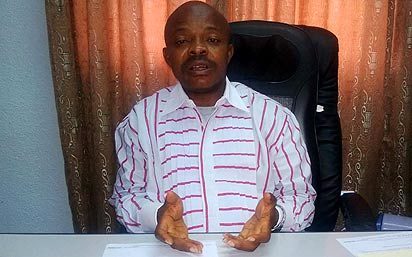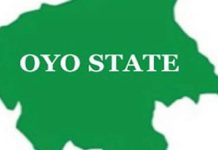Mr Joe Ajaero, General Secretary of National Union of Electricity Employees (NUEE), says Nigeria cannot afford to fritter away $9.6billion judgement debt. He also speaks on the delay in the implementation of minimum wage.
His words: “Yes the delay in the implementation of the minimum wage is all about consequential adjustments and the Federal Government should take the blame. The matter has been lingering for two years. Government, actually ought to have incorporated it into the 2019 Budget. Common ground is needed to be reached quickly even as negotiations continue. I heard one government official say the wage has yet to be implemented as a result of unresolved little details. “This shows the lack of seriousness of government. The consequential adjustments are not little details. What government proposes is N10, 000 adjustment across the board, which are being rejected. This is because the increase in the minimum wage from N18, 000 to N30, 000 was 66 per cent. Hence workers want 66 per cent increment across the board.
“In labour relations, there’s what is called power relations. No minimum wage is achieved without a struggle. We all know why the government is delaying, dilly-dallying. It should, however, realize that it is not gaining any advantage by this delay because it not to would have to pay the backlog in salary arrears. This minimum wage is actually two years behind time and it is unfortunate that we’re wasting more time with this delay.
“The $9.6billion judgment against Nigeria is another evidence of our government‘s usual tardiness in responding to issues of urgent concern. It must, therefore, find its way out of the quandary it has put itself either by diplomacy or legally. This kind of money can transform the lives of close to 200 million Nigerians. The huge figure represents one-fifth of the country’s declared foreign reserves of $45bn.It is very unfortunate because the project would have generated 2,000 MW of power for the national grid.
“States have always given the excuse of insufficient revenue for their inability to pay the minimum wage, hinging it on the fact that the Federal Government received a larger share from the federation account while states were left with insufficient revenue to pay salary if the state is to provide other basic social needs.
“This, however, does not hold water because you discover that states that are earning huge allocation, either because of derivation or for other economic factors are the most notorious defaulters on minimum wage. I don’t want to go into their names, but workers suffer most in supposed rich states in Nigeria today than other states. So, payment of minimum wage depends on the political will of respective state executives”.
We are very vulnerable at the moment – Muda Yusuf
Mr Muda Yusuf, Director-General of the Lagos Chamber of Commerce and Industry (LCCI), speaks on minimum wage and the $9.6billion judgement debt against Nigeria.
Yusuf said: “The issues of consequential adjustments and payment of arrears are thorny issues that the federal and state governments would have to grapple with at this time. The reality is that the financial standing of the federal and state governments is fragile.
“Meanwhile, the minimum wage policy would expectedly impact positively on the welfare of workers [when implemented], especially the low-income ones. The current minimum wage debases the humanity of workers. N18, 000 is just about $50 for a month. This is abysmally low. We are talking of workers who perhaps have families, need to pay house rent, pay school fees, pay for transportation and pay for housing, pay for health services. It is practically impossible to access the basic needs of life at such a wage level.







